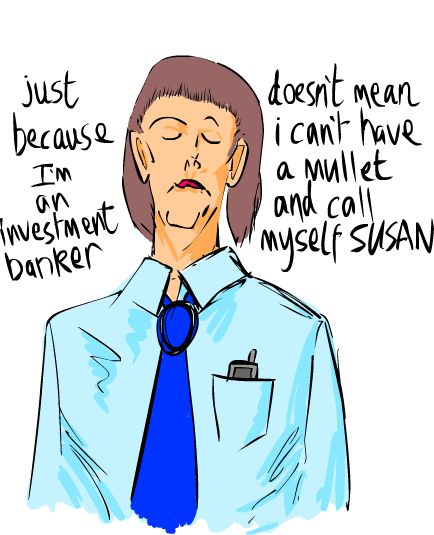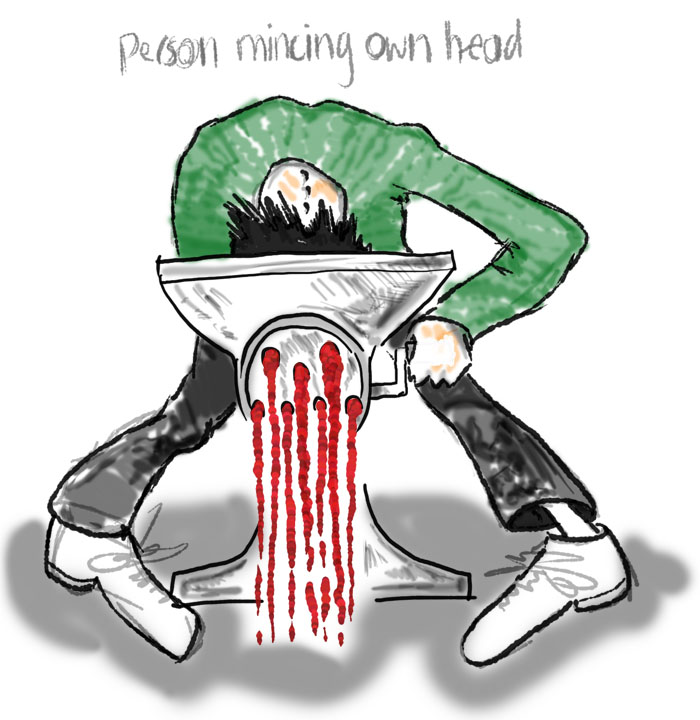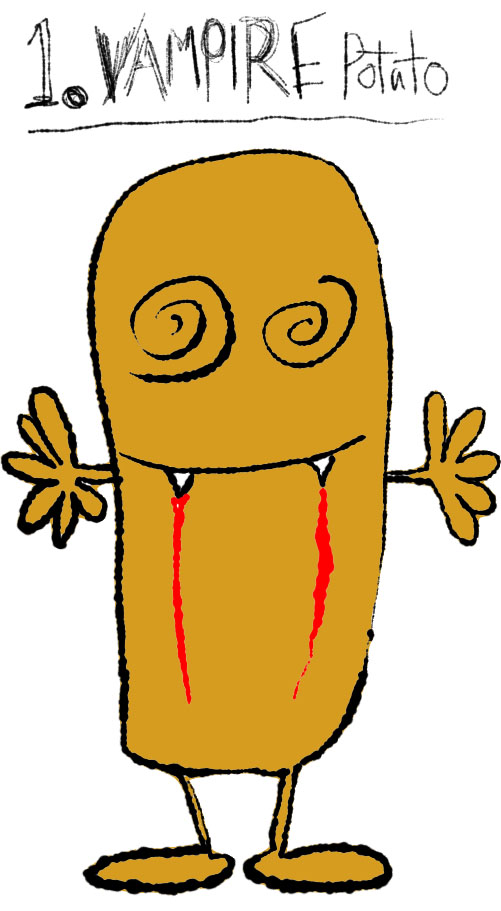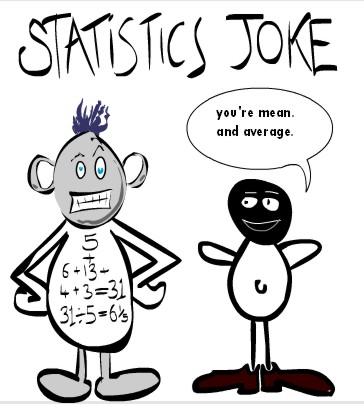To the sun and back
Fri, 15/02/2008 - 20:29 — danJust been re-reading my wibble about romanesques and noted that a strand of human DNA is about a metre long.
The rough number of cells in a human body is 50 to 75 trillion cells. So - presuming only 30 trillion of those actually have DNA (I have a notion that some don't), how far would all the DNA in your body stretch?
Just over 100 round trips from Earth to the Sun. In your body, right now.
Cooool. Who can we test it on?
Pics
Thu, 14/02/2008 - 16:02 — danAfter suggesting to my supervisor that I might do some flash visualisation work to help communicate ideas from my PhD, it seemed only logical to get a graphics tablet. Capitalism, being the wonderful thing it is, now means these things are dirt cheap. As a result, I've also been using it in other programs, and it has reignited my urge to scribble and scrawl. I will occasionally upload doodlings. They're viewable either on the front page or via this category link, where there's also an RSS feed if you happen to want to keep up with my random computer daubings.
At last, the people: Stafford Beer's model of the Chilean economy
Fri, 08/02/2008 - 15:56 — dan
I had a couple of bottles of wine and a tangled bank of discussion last night with Andy Goldring. One of those ones where notes must be taken - at least on my part, since I got so many ideas from him. The one I want to write about here is Stafford Beer, a plummy, crazy-bearded cybernetician. After his World War Two service he got into cybernetic management theory, consulting for a load of large companies. I'd heard about his attempt to create a cybernetic economy at some point but never followed it up. It's a fascinating chunk of history. The economic system he designed was called Project Cybersyn; there's a website with films from a documentary / art installation about it, which has a wonderful bit of footage from Beer's time at UMIST. It's accessible via one tiny little pink dot - or if you're impatient, the direct link is in the source of the page - I've kindly put it here for you. [update: video is now on youtube here] The silent UMIST audiovisual timer at the start gives it a convincing sense of antiquity. I recommend watching the first five minutes at least.
One day while working in London in 1971, Beer - to quote from the film -
... got a letter that very much changed my life. It was from the technical general manager of the state planning board of Chile. He remarked in this letter that he had studied all my works, he had collected a team of scientists together, and would I please come and take it over? I could hardly believe it, as you can imagine. But this was to start me on a journey that had me commuting 8000 miles over and over between London and Santiago.
Why make things simple when one can make them complicated?
Mon, 04/02/2008 - 15:26 — danJust started reading Manuel DeLanda's 'A New Philosophy of Society: Assemblage Theory and Social Complexity'161 - a brave title! But it's got me braincells going on a Monday, so it can't be all bad. He's immediately argued against reductionism at the micro and macro levels and started talking about things being 'more than the sum of their parts'. He proposes to take the reader on a journey through all the nested levels existing between micro and macro -
It is my hope that once the complexity of that forgotten territory between the micro and the macro is grasped at the visceral level, the intellectual habit to privilege one or the other extreme will become easier to break.
Digs are had at structuralists (macro-reductionists) and economists / social scientists who build theory on the individual, and aggregates thereof (micro-reductionists.) Oh, and Anthony Giddens (a 'meso-reductionist', apparently!)
Here's some Monday musings its caused, using Icosystem's Game and the genes of ants to bounce off.







Recent comments
21 weeks 6 days ago
2 years 12 weeks ago
2 years 12 weeks ago
2 years 14 weeks ago
2 years 15 weeks ago
2 years 15 weeks ago
3 years 12 weeks ago
3 years 36 weeks ago
3 years 36 weeks ago
3 years 38 weeks ago